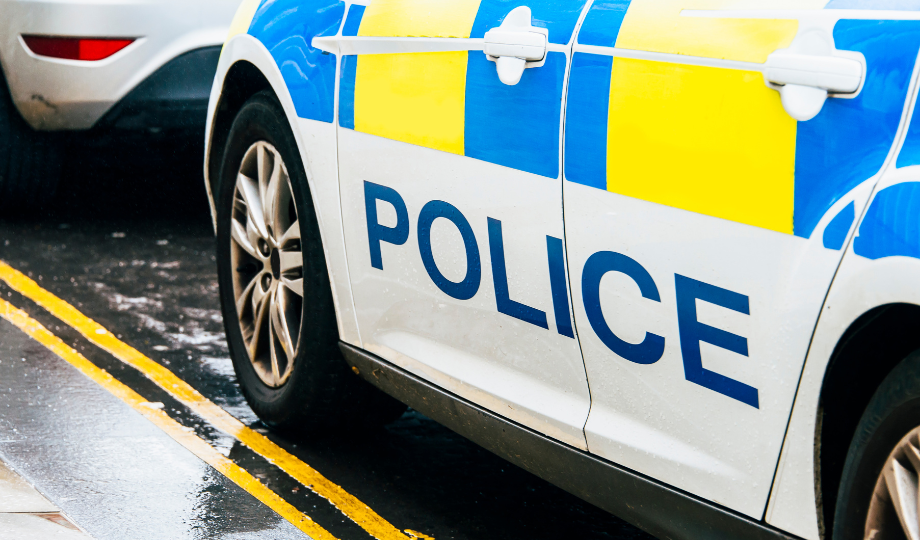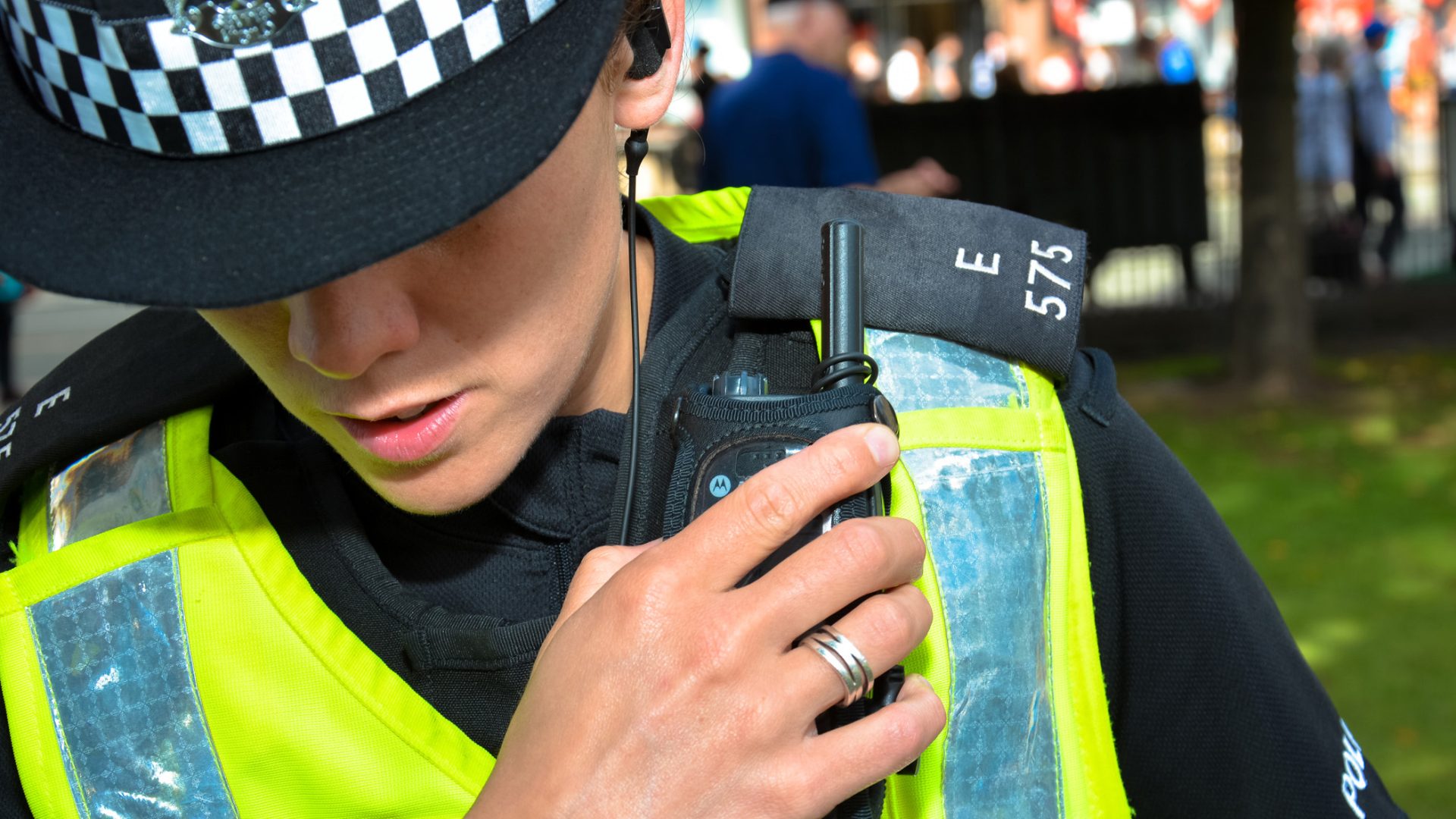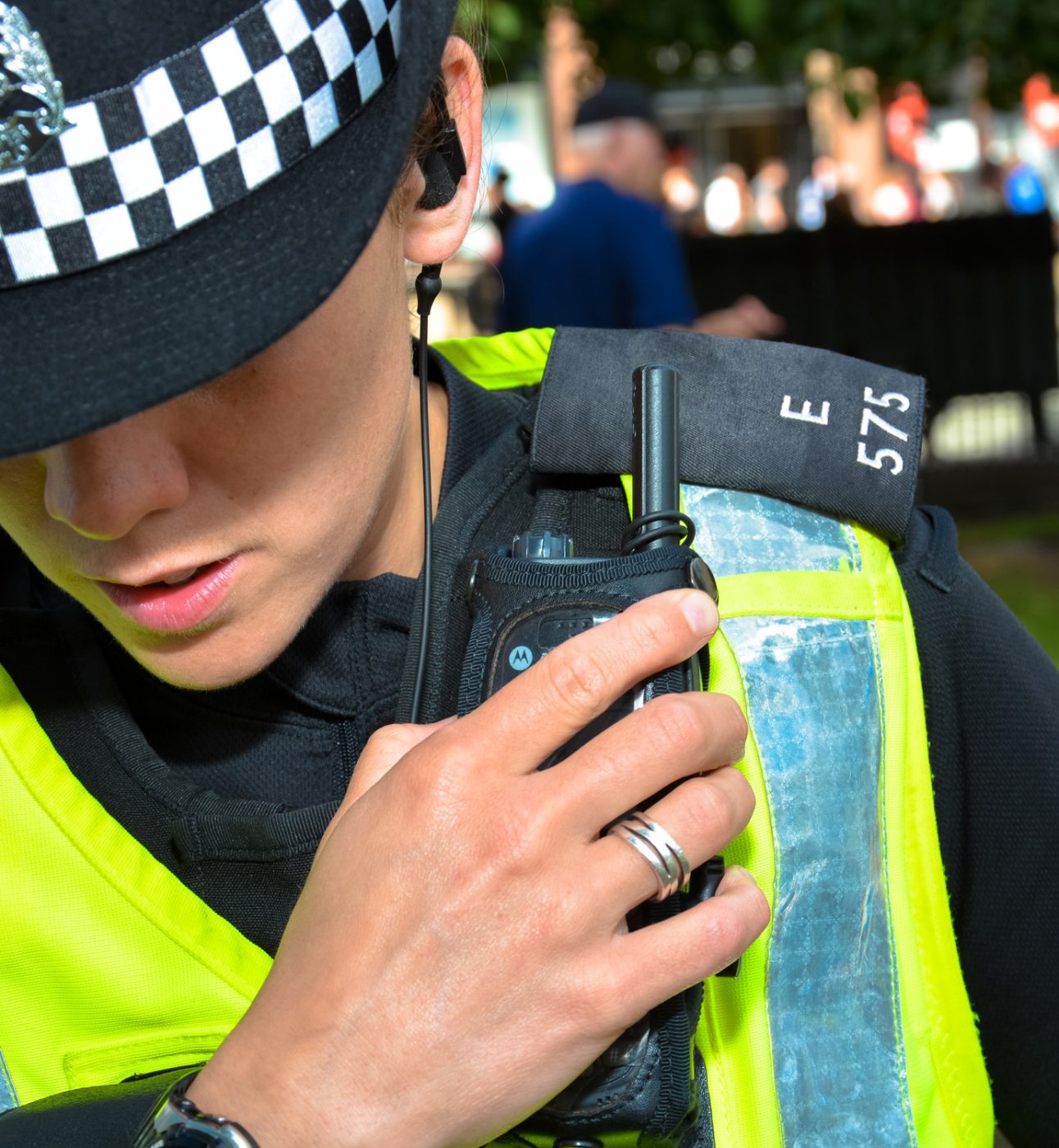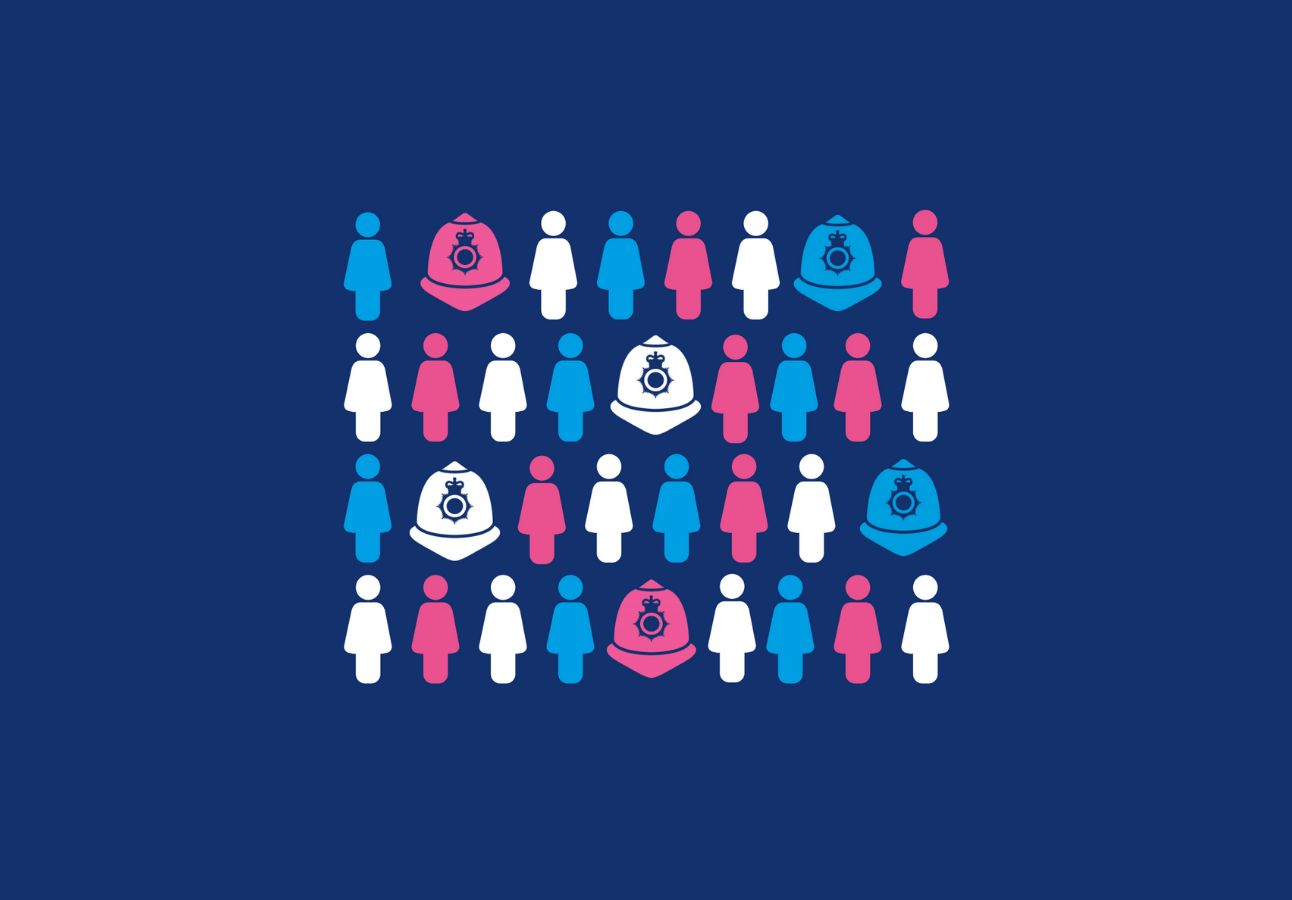
Getting it right the first time
More than two million adults in the UK experience domestic abuse each year. The impact of not taking the right action – on individuals and families – is devastating. At the time they start school, we know at least one child in every classroom will have been living with domestic abuse since they were born.
On average, it takes over 30 incidents before a victim of domestic abuse will call the police. For too long, daily, insidious abuse, where one person seeks to control another has remained hidden. With the right training and understanding on the mechanics of coercive control, your force can make a difference to lives of victims, survivors and whole families.
DA Matters Police Lead, SuffolkSafeLives' DA Matters training really does deliver. It's slick, to the point and very impactive. Officers suggest it's some of the best training they've received. It provided the skills uplift we required - sending a hugely positive message across the constabulary. It's thought provoking and has certainly influenced officers to consider better questions around coercion and control.



